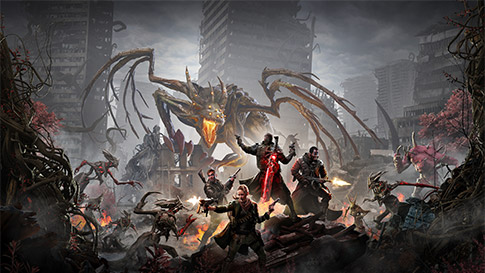
Remnant: From the Ashes Review
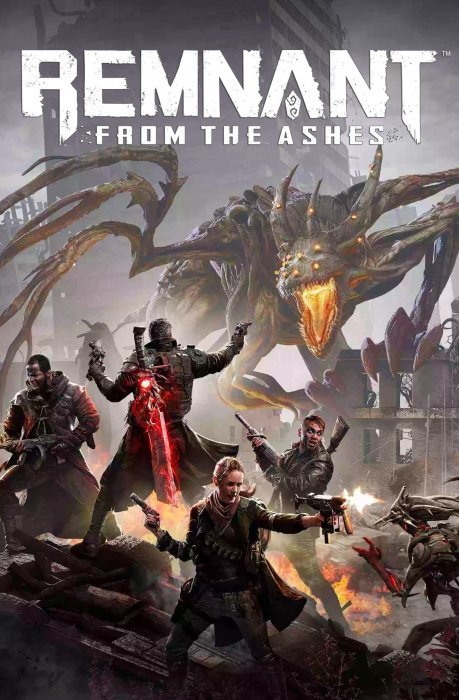
Pros
- Perfectly captures the feel of the Soulsborne games
- Interesting story and lore to discover
- Random generation ensures you'll never get encounter the same thing often.
Cons
- Constant waves of adds in boss battles drag them down a little
- Load times between areas can take a while
- The graphics could be better for the characters
Following the success of Darksiders III, Gunfire Games decided to go in a different path for their next title. The Soulsborne (games influenced by the gameplay style of From Software’s Dark Souls and Bloodborne) genre is one of the most popular out there at the moment, loved for their challenging but fair gameplay styles. So when Gunfire Games came along with their take on the genre, adding third person shooting into the mix, you’d be forgiven for being cautious in your approach. After all, the Soulsborne games usually thrive on being games with weighty movement, dodging at the last moment and predominantly melee focused games. I’m happy to say that Remnant does indeed nail that feeling of a Soulsborne game with shooting and it doesn’t end there as they add some interesting new additions to the genre which really work.
The story has an interesting hook, scientists on Earth in the 1960’s discover a large crystal with runes etched into it. As scientists are want to do, they investigate and research the crystal, leading to portals being opened to other worlds. Unfortunately, an ancient, world spanning evil awaits them there known as The Root and decimates the earth. The game begins 80 years later in a post-apocalyptic earth as you play a survivor looking to put an end to The Root once for all. The story itself is cinematic at times, delivering a fantastic cast of interesting characters both in the hub world of Ward 13 and the Worlds themselves however this only scratches the surface. Taking more inspiration from the Soulsborne games, there are many hidden characters scattered about who will piece more of the Lore together along with files and descriptions on the weapons and trinkets you’ll come across. This really adds to the story and keeps you on the lookout for secrets that may uncover more of the game’s intriguing storyline.
Some of the locales look great and there’s a lot of variation between the Worlds.
Upon starting the game, there’s a rather basic character customization to give you a little more control over your hero and then you’ll soon get the choice of one of three Archetypes; the Scrapper, Hunter or Ex Cultist. These serve more as your starting loadout and won’t lock you into any particular playstyle but they do give you a rough idea of what to expect. For example, the Scrapper at the beginning will be closer to the enemy with a Shotgun and have an ability that helps them at close quarters. The Hunter will start you with a Hunting Rifle, allowing you to pick enemies off from a distance along with an ability allowing you to mark enemies on screen. Finally, the Ex Cultist is more of a hybrid of the previous two that comes equipped with an ability that creates a healing field for yourself and other players. All of this is just to get your started but you have full control over your preferred playstyle and there’s many tools to play around with which makes customization fun, diverse and as creative as you like.
Per your loadout, you can equip a Handgun, of which guns such as Submachine guns and the like will fall under followed by a Long Gun which is where you’ll find your harder hitting guns ranging from Shotguns to Beam Rifles and Crossbows, they’re all there and all incredibly thrilling to play around with. On top of that, you’ll have a melee weapon such as a Sword or Hammer that will allow you to defend yourself up close should you need to reload. Additionally, you can equip one Amulet and two Rings, all of which comes with different effects that really allow you to hone out your build. Finally, you have your Gun Mods, which are essentially abilities that you attach to your guns and become useable once you charge them up from landing shots on the enemy. These vary wildly and you’re often rewarded with the materials to craft exclusive ones after defeating many of the bosses found in Remnant. You also have three Armor pieces to equip which again, come with different set bonuses and they’re all assigned a weight value, affecting how your dodge roll is affected. There’s a lot of customization here and you’re unlikely to find yourself running the exact same setup as another person should you find yourself playing co-op.
You won’t always encounter the same dungeons in your playthroughs thanks to the way the game randomly generates them.
The final piece of the puzzle in your customization is the Trait system, which essentially acts as your level up system. Killing enemies and completing certain objectives will reward you with a Trait Point which you can spend on one of the many Traits you can unlock. At the start of the game, you’ll only have three or four basic Traits such as Vigor which increases your maximum Health and Endurance which will affect your Stamina. As the game progresses however, you’ll unlock new Traits based on your playstyle and for completing certain quests, bosses and other odd jobs. For example, should you find yourself needing to revive your co-op partners a lot, you’ll unlock a Trait that will increase the speed in which you revive downed allies. Hitting weak spots on enemies a lot may unlock a trait that increases said damage to the weak spot and you’ll find many traits like this scattered throughout the game. By the end of your playthrough you’ll most likely find yourself with over 15 Traits to put points into and each one can be raised to the maximum of 20 which is not a problem as you’ll always be able to earn Trait Points along with finding items that can grant you one hidden in the Worlds. The only issue this does present however, is on your first playthrough (this is a game that is intended to be replayed multiple times), you won’t have a way to reinvest your points until your second playthrough. After that however, you’ll be able to purchase an item that will allow you to reinvest whenever you feel the need arises. This does mean that you’re essentially locked into your playstyle for your first playthrough and it can be a bit of a tease when some of the more useful ones unlock later in the adventure. I never felt at any point in my first playthrough that my choices put me in a situation I couldn’t progress and that’s the most important factor here.
The Worlds themselves can be a bit hit or miss, the post-apocalyptic state of Earth is great to look at to begin with and you can enter many of the dilapidated buildings but after spending a significant amount of time there, it can begin to look a bit drab and outstay its welcome. The design is great however, considering that your campaign is randomly generated upon beginning the game, it never feels like there’s no design in mind and you’re constantly wondering what may be in one of the many versions of this World. For example, you may find some characters that only appear in a certain configuration or specific accessories or dungeons with exclusive rewards. This all leads in to the game’s desire to have you replay and never have the same experience twice and it works because you’re constantly thinking in the back of your mind about your next playthrough and what you may find. The areas themselves have lots of connecting areas and there are optional dungeons to find with bosses at the end. The bosses themselves are part of the random generation and each of them come with their own reward for beating them be it a material to craft a new boss weapon or a boss mod ability, all of which are always exciting to discover and test out. The areas are interactive too, you’ll find many objects that can be broken and you’re usually rewarded with Scrap (the game’s currency) or a form of Iron (materials needed to upgrade your gear) and seeing as both items are needed in large quantities, you always feel like you’re being rewarded for taking the time to fully explore.
There’s a cast of colorful and interesting characters to discover which help flesh out the world.
Thankfully, once you begin to tire of Earth a little, you are introduced to other worlds and they vary greatly which really helps to show off the level design a lot more. Some of the worlds are beautiful to look at and the new enemies you’ll encounter in each one will need to be approached differently from the last. Each world feels lived in and has its own personal history to discover via the lore scattered around, all of which is detailed and helps you become more engrossed in each area. Don’t be too awed by the beauty of some of these areas however as you always feel in danger at all times, you’ll often face off against large packs of enemies and at times, elite enemies that are deadlier and really strike fear when you get used to the tell of an approaching enemy. It keeps you on your toes at all times and rarely will you feel like you’re too over-powered for an area.
The gameplay itself is satisfying and probably the game’s strongest point, Gunfire really have captured the movement and feel of a Soulsborne game. Your character feels weighty, you use Stamina to both sprint and evade which comes along with invincibility frames that you’ll need to utilize against the bosses especially. The shooting is satisfying and each gun delivers a real impact that aids in the feeling of wanting to defeat more bosses to secure more weapons of which there are a large selection. It may seem that there’s not much choice as you use the same few weapons at the start of the game but as you approach the end of your first playthrough you’ll have a large selection of fun, satisfying to use weapons with many playstyles in mind. Early on you come to possess an item that will allow you to refill your health with limited amount of uses (such as the Estus Flasks in the Dark Souls games) but this can be upgraded with items and you can restore your uses using the Crystals found throughout the world. One nice addition to this system however is the fact that revival is also tied into these uses so if you’re a bit trigger happy in healing your health whenever you lose a little, you could find yourself unable to review a downed partner.
All of this sounds great and may sound like there are little problems with the game but unfortunately a few do crop up, not least the boss battles themselves. The designs of the encounter themselves are fine, and there’s some truly great encounters in there where the bosses have specific attacks that you can memorize and learn how to deal with. The problem however is that the game relies on waves of adds (additional enemies that join in the battle) to increase the difficulty and the battles then become more of a battle of attrition, surviving the constant waves of adds rather than battling the boss’s mechanics. I understand the reasoning behind this, especially in co-op where you have another partner or two to help keep them at bay (although the numbers are increased the more human players you have with you) and you’ll also need to kill the adds for the ammo that they drop so you can continue your assault on the boss. The problem here however is that usually, when you deal with encounters with adds, something that a lot of games tend to do, you usually find yourself dealing with that phase while the boss takes a step back. Here, you’ll have to contend with constant adds while the boss is still out and about performing his usual mechanics and you find yourself constantly overwhelmed by the enemy. I found myself a lot of times finishing a boss battle and thinking to myself that the boss had some great ideas but was ruined by the presence of constant additional enemies. I do however like the fact that many of the bosses can be killed in alternate and somewhat very creative methods that will result in different loot drops for different weapons or mods.
There’s some excellent moments in the boss design but waves of adds can find you becoming overwhelmed.
The game is definitely at its best during Co-op, all loot save for ammo is shared whenever anybody picks it up and you can really get some diverse character builds which usually results in every person you play with being completely different from yourself. The game accommodates extra people by adding in more enemies, which is especially apparent in boss battles, but it never feels like you have an unfair advantage. Add to the fact that you could join another person’s game and they could have completely different quests, bosses and weapons to find and it’s always exciting to jump in and out. The whole game is co-op too, not specific locations like in the Soulsborne games and you never have to find yourself searching for a summoning sign for a bit of help. Just simply search for a Public or Friends game and join, then, when the host sees that someone has joined, simply touch a Crystal and you’re bought into that person’s world, it’s very fluid and makes it quick to jump in.
The game does however have a few glaring problems, especially when I played on the PlayStation 4 Pro. A few times I found my character frozen in place after certain attacks from a boss and I recorded a total of four blue screen errors throughout my first playthrough, all of which seemed to be random in nature. Additionally, the loading can take a while when travelling between Crystals which adds to the frustration when dying on a boss repeatedly. It’s a shame but it’s nothing that can’t hopefully be fixed with patches and with the promise of more content, worlds and fixes to come, what Remnant does well is more than enough to warrant a pick up for this game.
Fantastic Foundations
Remnant: From the Ashes perfectly captures the Soulsborne feeling it was aiming for with some neat tricks of its own. The way the world is created through random encounters and design means that there will always be something new to discover. The technical side is a bit hit or miss but underneath a few questionable design choices, there’s a fantastic game waiting to burst out.
Gameplay:
Sound:
Graphics:
Story:
Value Rating:

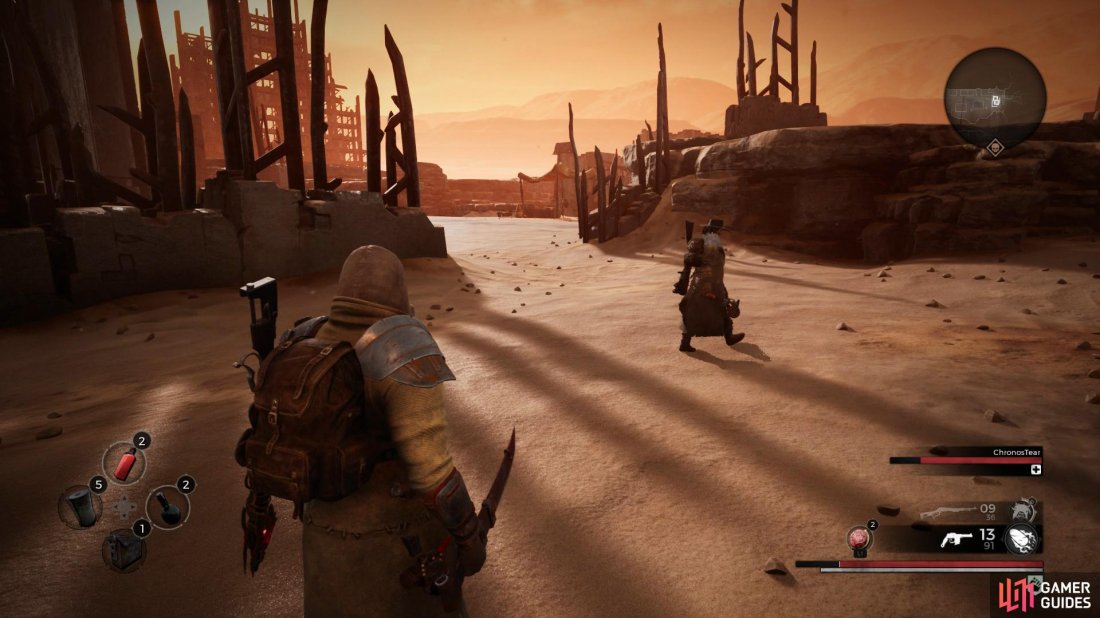
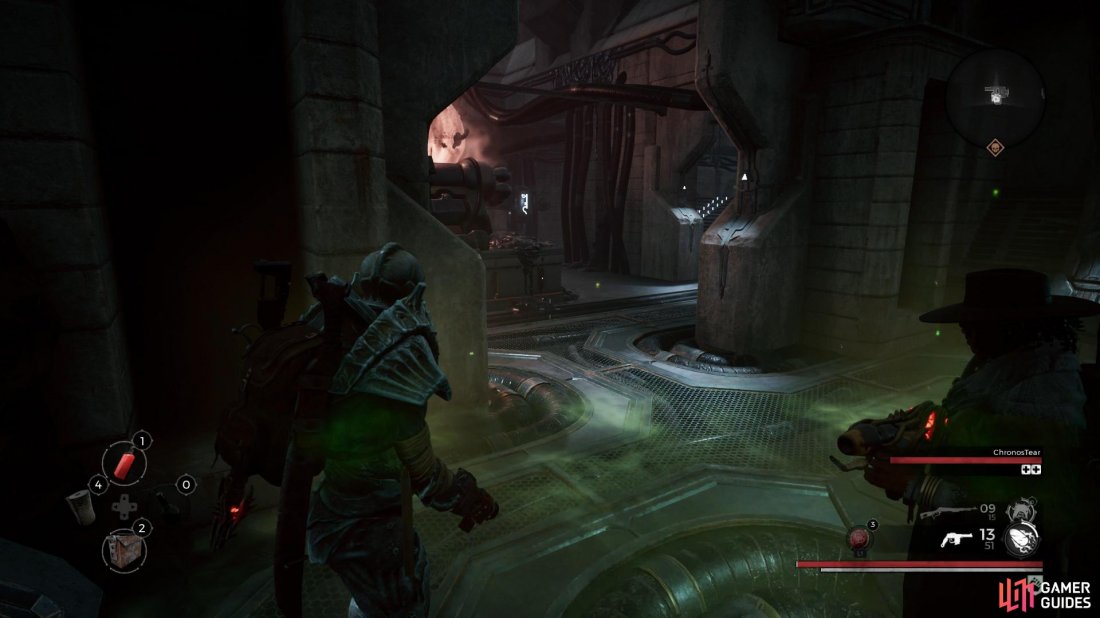
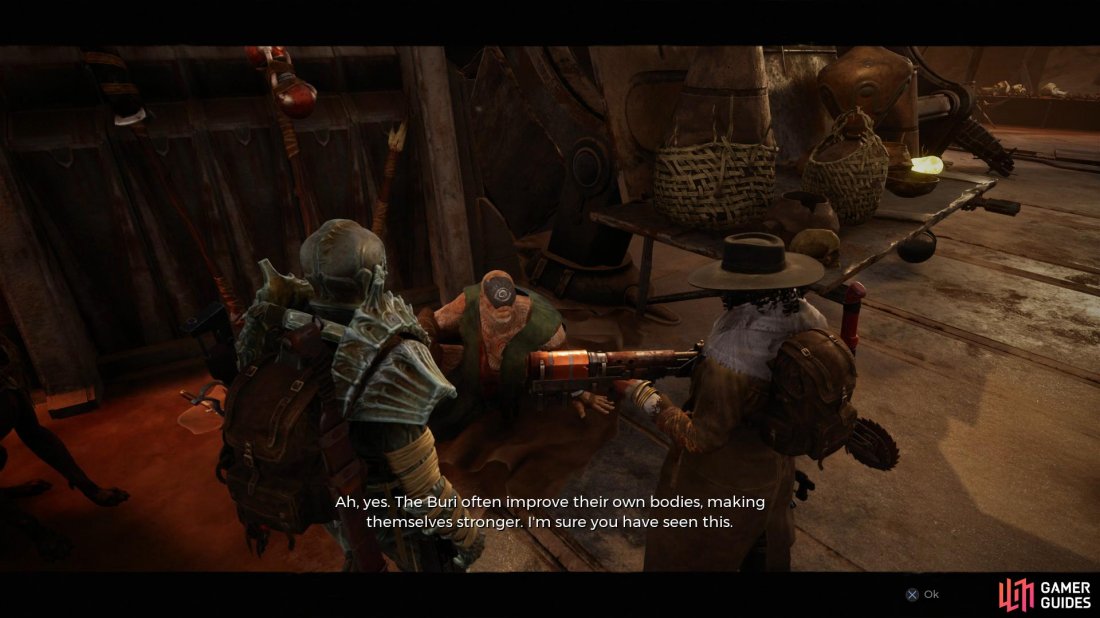
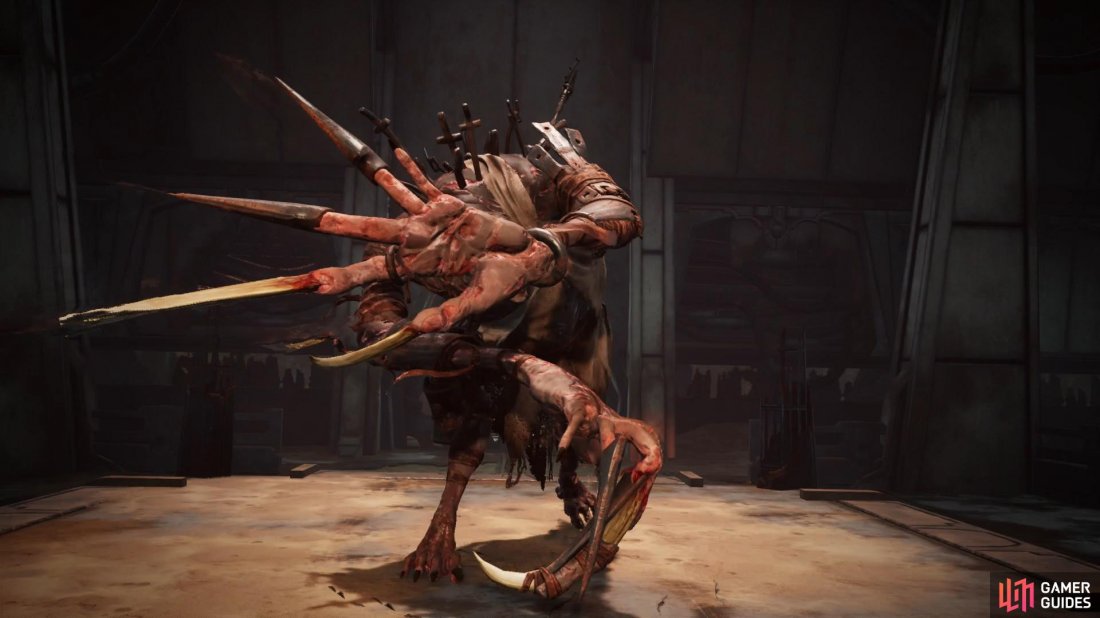
 Sign up
Sign up
No Comments